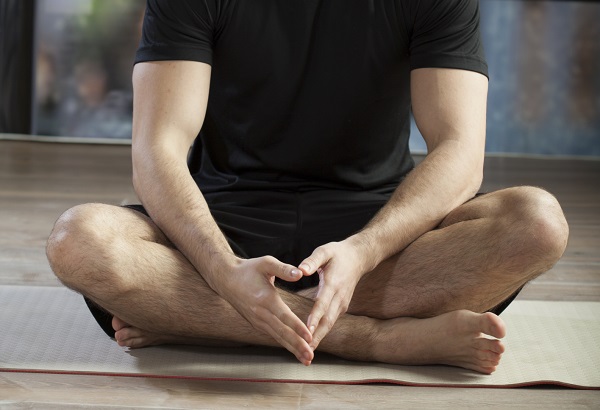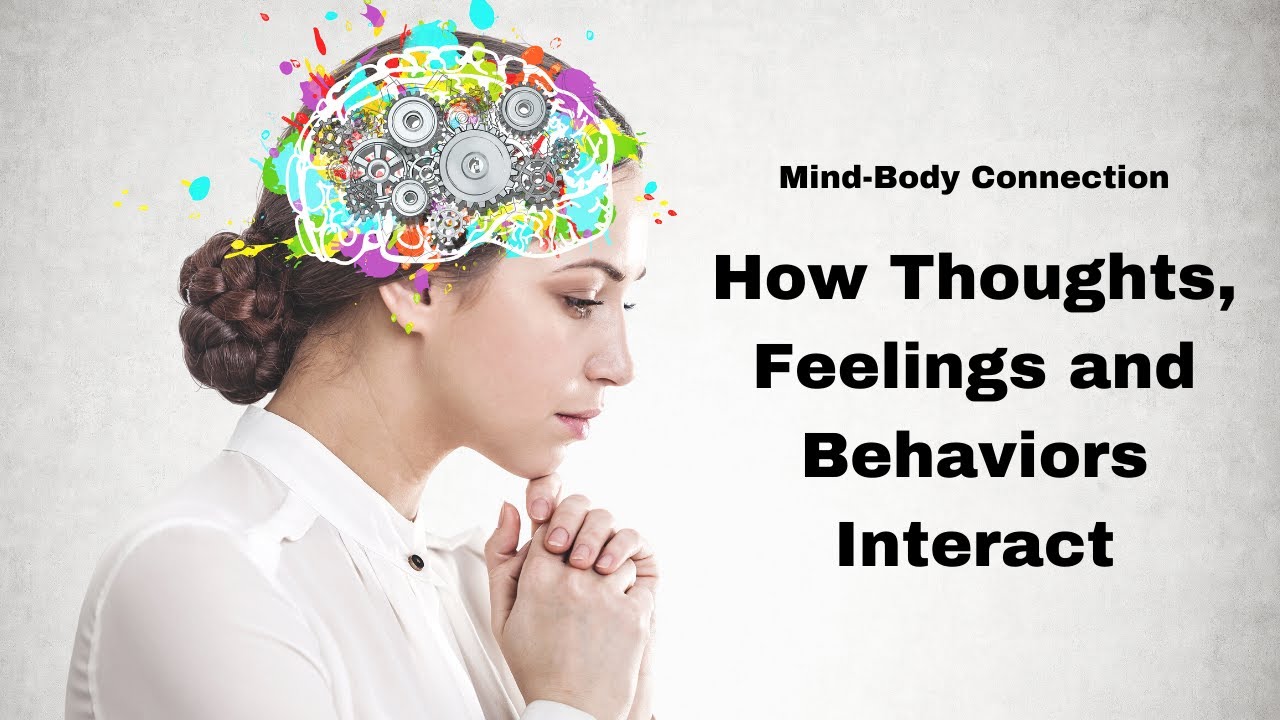
The state of being tranced is described by the term "meditation". The word itself is ambiguous, as many researchers do not agree on exactly what meditation is. There is a wide range of techniques, from breathing to yoga, and many include non-meditation practices as well. All of these aspects are important, along with a focus on neurochemistry and altered behavior. Let's now look at some of the types of practice.
Meditation is a practice that teaches us how to quiet the mind and gain greater awareness of our surroundings. It involves focusing your attention and awareness on a particular object or activity. The ultimate goal is to achieve emotional calm and relaxation. It helps us to live a better life. The goal of mindfulness is to gain greater awareness of the world around and yourself, and to experience inner peace and well being.

You can describe the practice and benefits of meditation in many ways. Most taxonomies address questions such as what the object of meditation is, how it works, what mental faculties are involved, how they relate to practical situations, how they behave, and what their attitude is. Some even include phenomenological questions. The best definition of meditation is one that uses an evaluative, nonjudgmental approach to studying it. It is important that you fully comprehend the benefits of any practice before you begin to use it.
Many researchers see meditation as a subject matter. Others use a more holistic perspective, pointing to the many different meditative practices. These studies not only list the characteristics of meditative states but also highlight the many benefits. Meditation is often associated to mindfulness, which basically means a state of centered awareness. These are key features to include in a meditation psychology definition.
Scientific definitions tend to focus on the link between experience and our present moment. Mindfulness is based on four principles: awareness, concentration and receptivity. Dr. Ellen Langer defines mindfulness as an "open" mental state with a nonjudgmental attitude to the experience. Using a multidimensional definition, meditation is an effective way to achieve self-awareness. It can be used to help people improve their quality of life.

The scientific study of meditation has revealed many benefits. Meditation can be used to improve mood and reduce stress in people suffering from mental illness. It can also be used to heal other parts of one's lives. The many benefits of this practice are obvious and worth further investigation. While the research is still in its infancy, the practice is not universal. There are many forms of meditation that are not common, so it is hard to define one.
Meditation has been defined in many ways by scientists. The best definition would allow meditation to be distinct from other types of relaxation. In addition to the scientifically recognized aspect of meditation, other aspects include breath and spirituality. Accordingly, meditation should be clearly distinguished from other types of relaxation. Its three key characteristics are breathing, attention and mantas. The scientific community is not sure what the exact definition of "meditation" should be.
FAQ
Is it more important to have mental health than work?
Everyone's mental health is important, especially when working. You can relax if you are feeling stressed at work by going out with your friends, walking outside or listening to music.
Talk to your supervisor or boss if stress is a problem. They might be able suggest ways to reduce stress.
Your physical health is important too. Eat right, exercise, get enough sleep, and eat healthy.
How do you know if you have a mental illness?
Persons may be diagnosed with mental illness if they have symptoms that are disruptive to their daily life. Symptoms of mental illnesses vary from person to person. The most common signs are: sadness and anxiety; feeling guilty, hopeless; lonely; depressed; confused; worthless; guilty, suicidal.
A person may also be diagnosed with a mental disorder if they meet at least three out of four criteria listed below:
-
Disturbed thoughts or feelings
-
Disturbed behavior
-
Disturbance to functioning
-
Inability to relate to others
How can I improve my mental wellbeing?
Mental health is important for everyone, especially when we are stressed out from work, school, family, etc. Regular exercise, healthy eating, quality sleep, and spending time with loved ones are the best ways to improve your mental well-being. Exercise can increase endorphins, which make us happier. Healthy eating habits can also help our bodies function well. Being well rested gives you energy for the day. Finally, quality time spent with loved ones enhances our relationships as well as reduces stress.
These are 5 ways to improve your mental and/or emotional health.
-
Exercise – This is a great way to improve brain function and increase energy levels.
-
Sleep - It is important to get enough rest in order to reduce stress and anxiety.
-
Nutrition - Eat healthy foods such fruits and veggies to keep your body strong, energized and happy.
-
Meditation – Regular meditation can reduce stress and anxiety.
-
Socialization - Spending time with friends and family, keeps us happy and connected.
What do psychologists have to say about mental illness?
Psychologists believe that mental wellness is an essential component of human development. Psychologists believe that mental well-being is more than just being healthy.
Mental health is a topic that psychologists have differing opinions on. Some psychologists think that mental health is not necessary because there are so many people who have no mental illnesses. Other psychologists think that mental health is essential because without it, we can't function properly.
Why is mental health so important for students?
Students' mental health is crucial because it allows them to be focused on school and excel academically. If you don't feel good, you won't be able to perform well in school. Depression can lead to students missing class and poor grades. This can lead to dropping out from high school or college.
You should talk to your parents and teachers if you have depression. They can help you get all the support you need.
It is important that you remember that not everyone suffering from depression needs medication. Talk therapy is an effective treatment for many people. A counselor is a great option for anyone who wants to seek help.
Why is it important for improving emotional health?
Emotional health is essential for happiness and well-being. Your ability to perform at your highest level is dependent on how emotionally healthy you are. People with depression are often unable to work efficiently. People with depression may also have anxiety, panic attacks and insomnia. These conditions can be successfully treated with medication or therapy.
Statistics
- Similarly, for positive mental health, there is likely to be substantial agreement about some typical components (e.g., resilience to stress) 6, and controversy about more atypical components (e.g., career consolidation). (ncbi.nlm.nih.gov)
- It does have some influence, but not nearly as much as we might think, so focusing less on attaining wealth will likely make you happier (Aknin, Norton, & Dunn, 2009); (positivepsychology.com)
- It means no drinking any alcoholic beverages and no taking any drugs that aren't 100% natural.
- In any given year, an estimated 18.1% (43.6 million) of U.S. adults ages 18 years or older suffered from any mental illness, and 4.2% (9.8 million) (healthypeople.gov)
- More than 40 million adults in the United States have an anxiety disorder, but less than 37% of people seek mental health treatment for their symptoms. (talkspace.com)
External Links
How To
How to Determine if a Mental Health Expert is needed
To determine whether you need to seek professional assistance, some signs should alert you to the possibility that your problem might require professional attention. You should consult a doctor immediately if you see any of these warning signs.
-
It's as if you feel out of control.
-
You have had trouble sleeping.
-
When you try and concentrate, your thoughts seem to race.
-
You find yourself thinking about suicide.
-
You feel helpless.
-
It feels like your life isn’t worth living.
-
You are not interested in the same things that you used to love.
-
You've stopped eating.
-
You are now withdrawn.
-
You're using drugs and alcohol to deal with stress.
-
You are starting to lose family or friends.
-
Other symptoms may include stomachaches, backaches or headaches.
These signs are important indicators that you need to seek medical attention immediately.